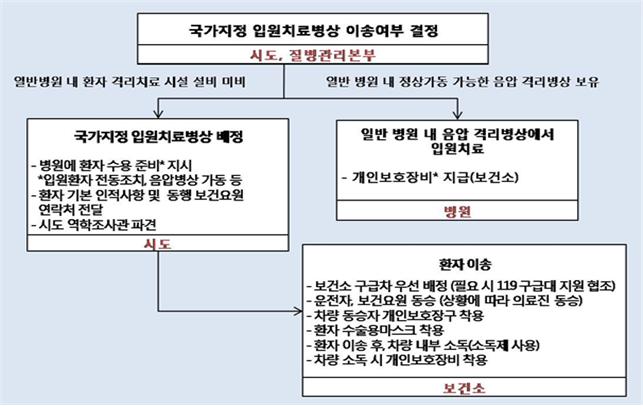
By Reporter Kim, Dae Soo
On 28th, Seoul Metropolitan City reported its decision to continue MERS Defense Task Force which operated since May last year due to recent increase of MERS patients in the Middle East mainly in Saudi Arabia. The City stated that it will strengthen the relevant institution’s cooperation to input all its efforts for preparedness.
This year from January 1 to March 16, in Saudi Arabia 65 patients, two in Oman, two in United Arab Emirates are reported, and is on the rise since February..
Last year, domestic spread of MERS was found to be mainly within the medical facilities. To prevent such recurrence, the Seoul City emphasized for anyone who has traveled in the Middle East and has fever (higher than 37.5 C) and respiratory symptoms within 14 days upon arrival to not go to the hospital but instead call from home simply “109” without any area code (24 hours MERS Hotline). The City also urged that a prevention is most important and asked to strictly comply with prevention protocols while traveling.
The prevention protocols include ▲ hand washing and personal hygiene ▲ avoid contacts with animals and consume any camel-product ▲ refrain from visiting hospitals other than for medical purposes and crowded places(wear masks) ▲ avoid contacts with person with fever or respiratory symptoms ▲ be sure to wear a mask if visiting a local hospital with suspected symptoms such as cough, fever, etc.
Seoul city requested all medical facilities to report any patients with fever and respiratory symptoms by utilizing Health Insurance Member Inquiry System and Drug Safety Service(DUR: Drug Utilization Review) Inquiry system to confirm any Middle East travel history and to immediately report to the Public Health Center for any suspect of MERS symptoms
The City since January 25th, has strengthened and expanded its Task Force Team by forming Citizen’s Health Life Bureau (Infectious Management Team) from one team of 8 to 16 members in three teams (Infectious Policy Team, Infectious Management Team, Infectious Emergency Response Team). Operating round the clock for quick response in the event of suspected patients including standbys during the holidays.
Task Force responds quickly on suspected patients while maintaining communications with ▲ 25 district health centers (Basic epidemiology, patient transport, etc.) ▲ City Public Health and Environment Research Center (confirm test) ▲ City Hospitals (hospitalization, treatment) ▲ Incheon Airport Quarantine Center.
When a suspect patient is reported, local public health center visits the patient, conducts basic epidemiology, and if classified as a suspect case, the patient is transferred to the isolation hospital for treatment and diagnostic tests are conducted in stages.
The Seoul City operates daily active monitoring to confirm any fever and respiratory symptoms of any arriving travelers who were riding with suspect patients to preempt MERS spread.
The City actually conducted active monitoring even after the formal declaration of end of MERS (2015.7.28~2016.3.22) and locally identified total 250 potential patients, and among them classified 81 to be suspect patients who were immediately transferred by the Public Health to National Isolation Hospital for isolation treatment and diagnostic tests.
Kim, Chang Bo, Director of Seoul Citizens Health Bureau stated, “We are planning to focus on maximizing City resources in order to prevent recurrence of MERS" and urged for a cooperation by the public to, "take precautions on MERS while traveling to Middle East regions, and it is most important when suspect symptoms occur after returning from the trip - to not just go to the hospital first - but instead to call “109” first for consultation.
Reporter Kim, Dae Soo daesoo.kim70@gmail.com
Translated by: Chang Kyong

